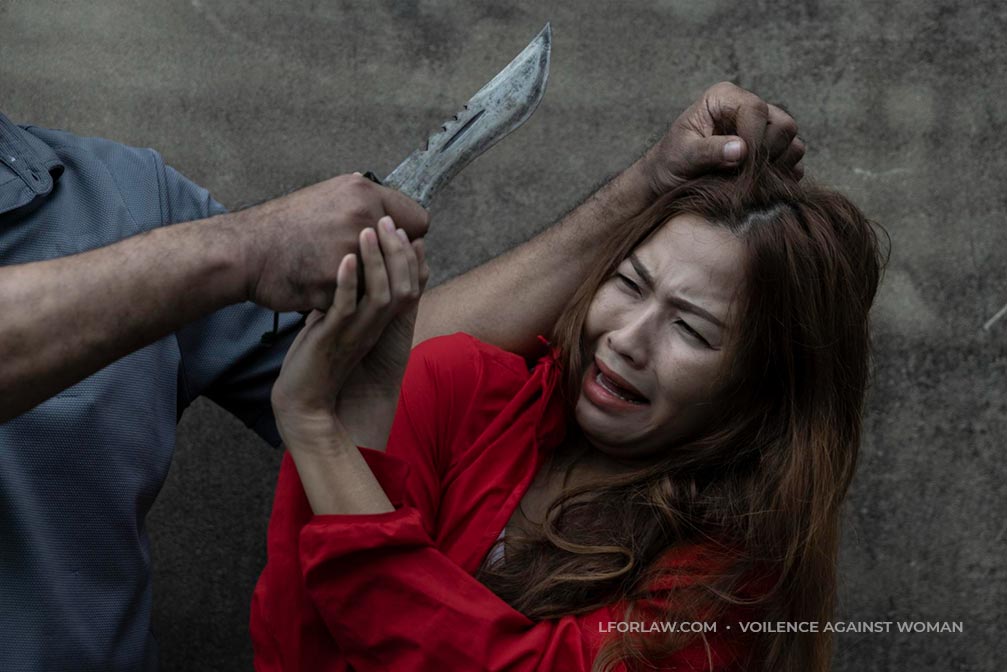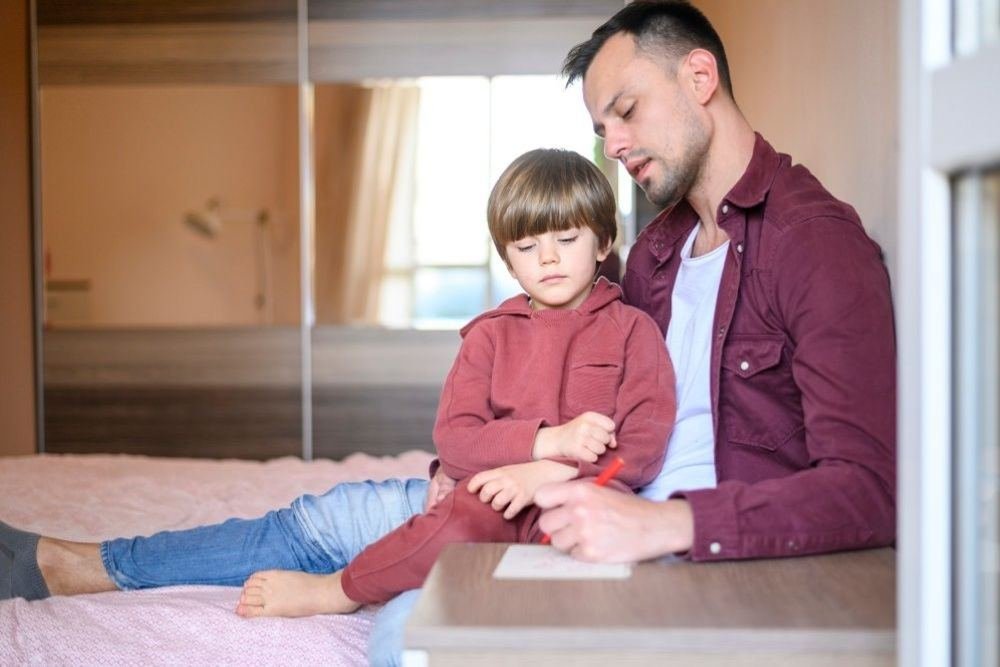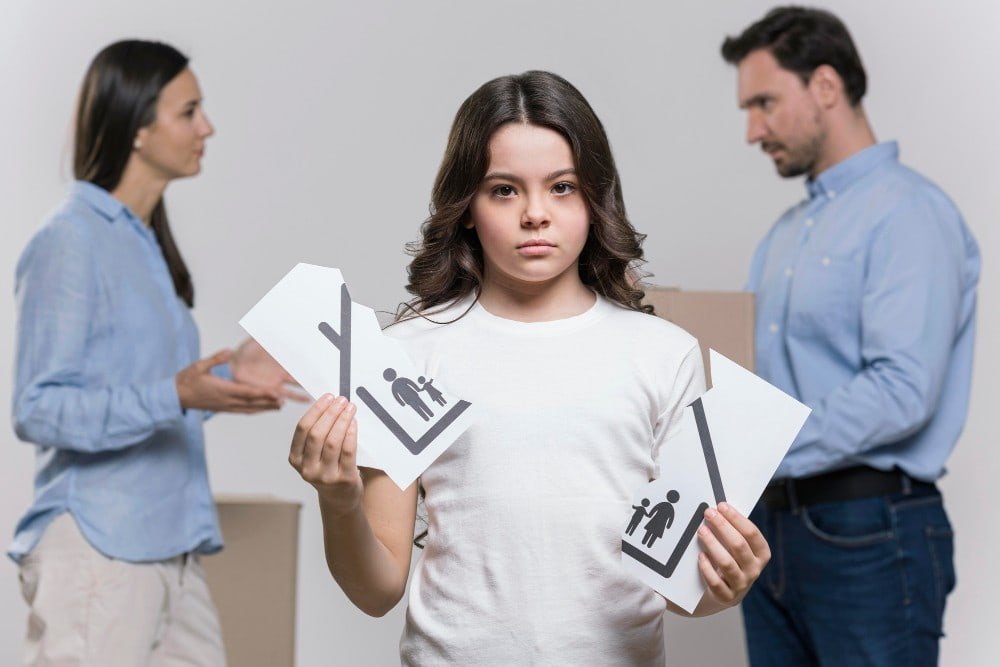
Domestic violence is a serious issue that affects individuals and families across all communities—regardless of background, gender, or immigration status. If you or someone you know is facing abuse, legal protections are available. One of the most powerful tools to help protect victims is a court-issued Domestic Violence Protection Order.
At Lforlaw.com, we connect you with experienced legal professionals who can guide you through the process of seeking safety and legal protection—no matter your circumstances.
What Is a Protection Order?
A Domestic Violence Protection Order (sometimes called a restraining order or order of protection) is a legal order issued by a court to help protect victims from ongoing abuse, threats, or harassment by a partner, spouse, family member, or cohabitant.
Protection orders may:
- Order the abuser to have no contact with the victim
- Require the abuser to move out of a shared home
- Grant temporary custody of children to the victim
- Prohibit the abuser from possessing firearms
- Provide enforcement by local police if violated
These orders are enforceable in all 50 states and can be obtained through both emergency (temporary) and long-term court processes.
Who Can Request a Protection Order?
You may be eligible to request a protection order if you have experienced:
- Physical violence or assault
- Threats, stalking, or harassment
- Sexual abuse or coercion
- Emotional abuse or controlling behavior
Protection orders can be requested against a spouse or ex-spouse, dating partner, roommate, co-parent, or close relative—depending on state law.
The Legal Process: What to Expect
Seeking a protection order typically involves the following steps:
- Filing a Petition with the local family or civil court.
- Emergency (Temporary) Order, issued the same day if the situation is urgent.
- Court Hearing, where both parties can present evidence and testimony.
- Final Order, which may last for months or years depending on the circumstances.
An attorney can help you file the correct paperwork, prepare evidence, and represent you during the hearing.
Why Legal Representation Matters
While it is possible to request a protection order without a lawyer, having legal support significantly improves your ability to:
- Present a strong and organized case
- Understand your rights and responsibilities
- Navigate complex custody or housing issues
- Avoid common mistakes that may lead to denial
If your case also involves immigration, divorce, or child custody, it is crucial to work with an attorney who understands the full legal landscape.
You Are Not Alone—Help Is Available
No one deserves to live in fear. Whether you’re seeking immediate safety or long-term legal protection, there are attorneys ready to help you take the next step.
For personalized legal guidance and assistance with domestic violence protection orders, contact us today.






